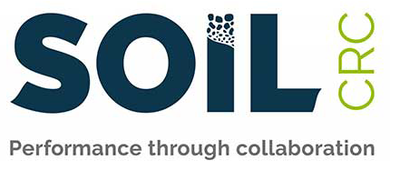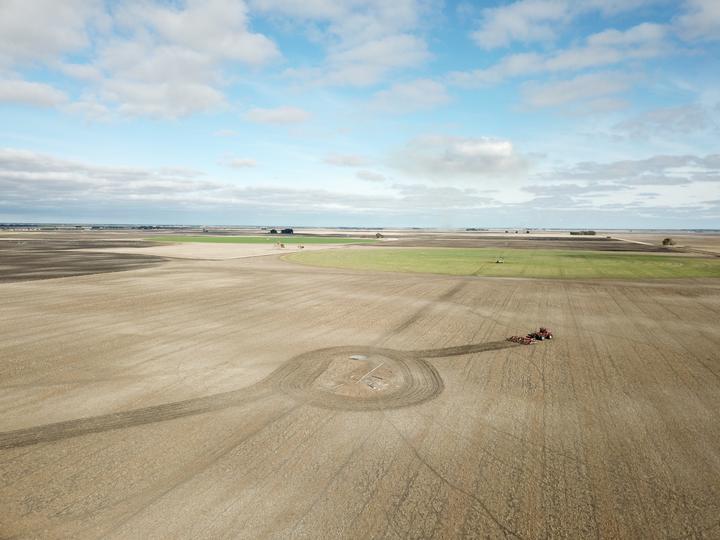Diagnosis frameworks for multiple and complex soil constraints
Productivity of 77% of Australian agricultural soils is limited by one or more soil constraints. The interactions between multiple constraints make diagnosing and ameliorating them a considerable challenge for land managers. Efficiently ameliorating constrained soils often requires an accurate diagnosis of the constraints present to allow correct prioritization of management actions based on their interactions, severity and spatial distribution within a field. Currently, to accurately diagnose multiple and interacting constraints requires a significant investment in detailed soil sampling across multiple soil depths. This project will develop and validate data-centric diagnostic methodologies that
- can diagnose soil constraints from the data that producers already have access to (e.g. crop yields, surface soil tests), in combination with information in the public domain (e.g. national soil grid, Landsat imagery), thus reduce the cost associated with detailed soil sampling;
- apply a hybrid approach using recent advances in the biophysical modelling of soil constraints, in combination with artificial intelligence and statistical approaches;
- are adaptive to the scales that producers require information over.
Partners
University of Southern Queensland, Birchip Cropping Group, Burdekin Productivity Services, West Midlands Group, Riverine Plains Inc.
Funded by
CRC for High Performance Soils Ltd. Australia
